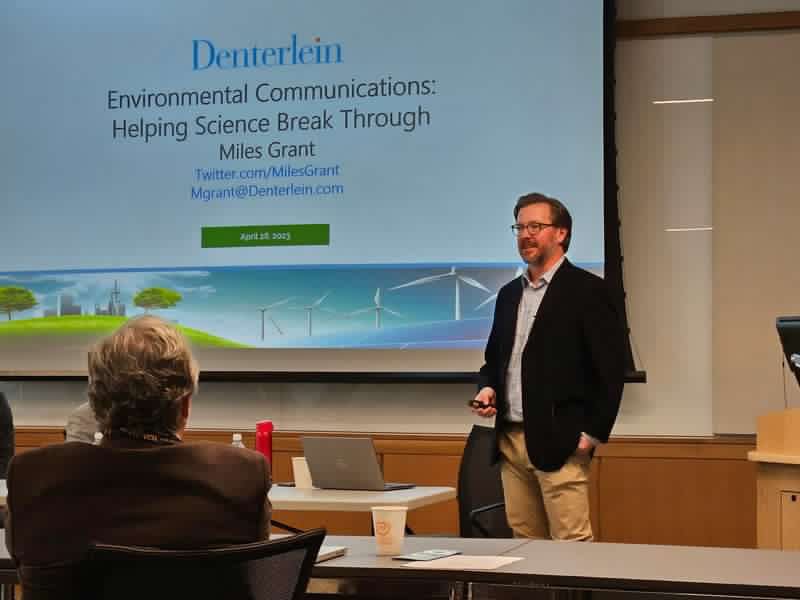Climate scientists have laid out a clear roadmap of how to solve the climate crisis - stop burning fossil fuels, eat less meat, and protect forests. Our challenge is now how to implement those solutions and build public support for a speedy transition to a more sustainable world.
Last month, Virginia Commonwealth University hosted its inaugural Symposium on Sustainable Energy and Environment, bringing together researchers and advocates from across the engineering, humanities, social science and business sectors to discuss how we can tackle our toughest challenges. A VCU scientist described her years of work to understand how best to communicate the risk of rising oceans to residents of low-lying Pacific Island nations. A researcher from the Department of Energy detailed cutting-edge studies on how to recycle the critical minerals we need to build electric vehicles and wind turbines.
“Climate change is not an environmental problem. It’s an everything problem, and it requires a solution across all disciplines,” said Costa Samaras, Ph.D., principal assistant director for energy and chief adviser for energy policy in the White House Office of Science and Technology Policy.
With a background in journalism and environmental communications, conference organizers asked me to talk about best practices for communicating climate science and solutions. Here’s a little bit of what I told attendees about how to make sure science-based stories resonate:
- Connect to people and their communities. Tailor your stories and data to your audience, connecting through the issues they care about most, whether jobs, public health, or wildlife and wild places.
- Tell stories (including yours). Bridge from the lab and data to people and their communities, connecting the dots as directly as possible from global change to local impacts. Don’t hesitate to tell your story – how you got interested, where you’ve been, who you’ve met, what you’ve learned, and the prescriptions you think we should put into action.
- Speak your audience’s language. When addressing the public, policymakers, and the media, scientists and policy experts need to keep in mind that their baseline knowledge may vary greatly. Relying too heavily on detailed scientific terminology, insider jargon and acronyms can turn off folks who might otherwise be open to your message. Tools like Hemingway can help make sure your language is audience-appropriate.
- Set reasonable goals. No one op-ed, YouTube video, or tweet is going to convert a hardcore science denier to a Planeteer. To use Yale’s Six Americas framing, it’s much more reasonable to try to move someone from disengaged to concerned.
As I closed, I asked the researchers not to forget to celebrate success. Victories on climate and sustainability are often the result of years of hard work. The climate crisis won’t be solved in a day and giving your colleagues, partners, and supporters space to enjoy their wins can keep them energized for the long haul.

